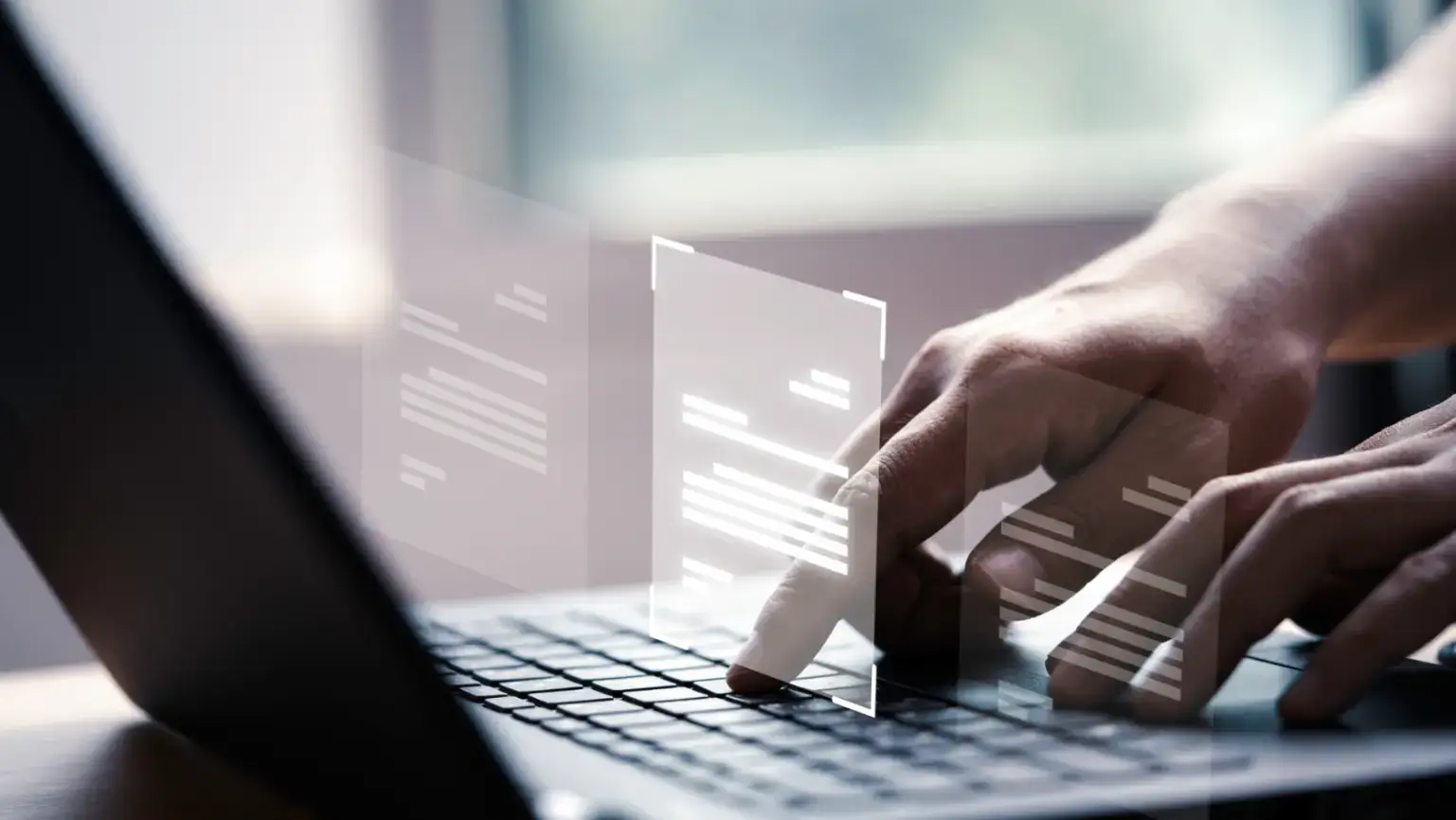Trying to navigate your way through the endless maze of business acronyms, initialisms, and complicated jargon can be overwhelming, particularly when deciding on the best software to help run your business.
ERP (Enterprise Resource Planning) and CRM (Customer Relationship Management) are perfect examples of this. Both systems can make a positive impact when it comes to running your business operations - but what’s the difference between each of these, and which does your business need?
They serve different purposes, so it depends on what you want to achieve, but we will explore the differences and benefits of both in this article while considering how you can choose the right system for your work.
Article Shortcuts:
- What is ERP?
- What is CRM?
- The Differences and Similarities of ERP and CRM
- What Could Be More Suited to Your Business?
- Choosing The Right System for Your Business
- Benefits of Using Strong Software Systems in Business
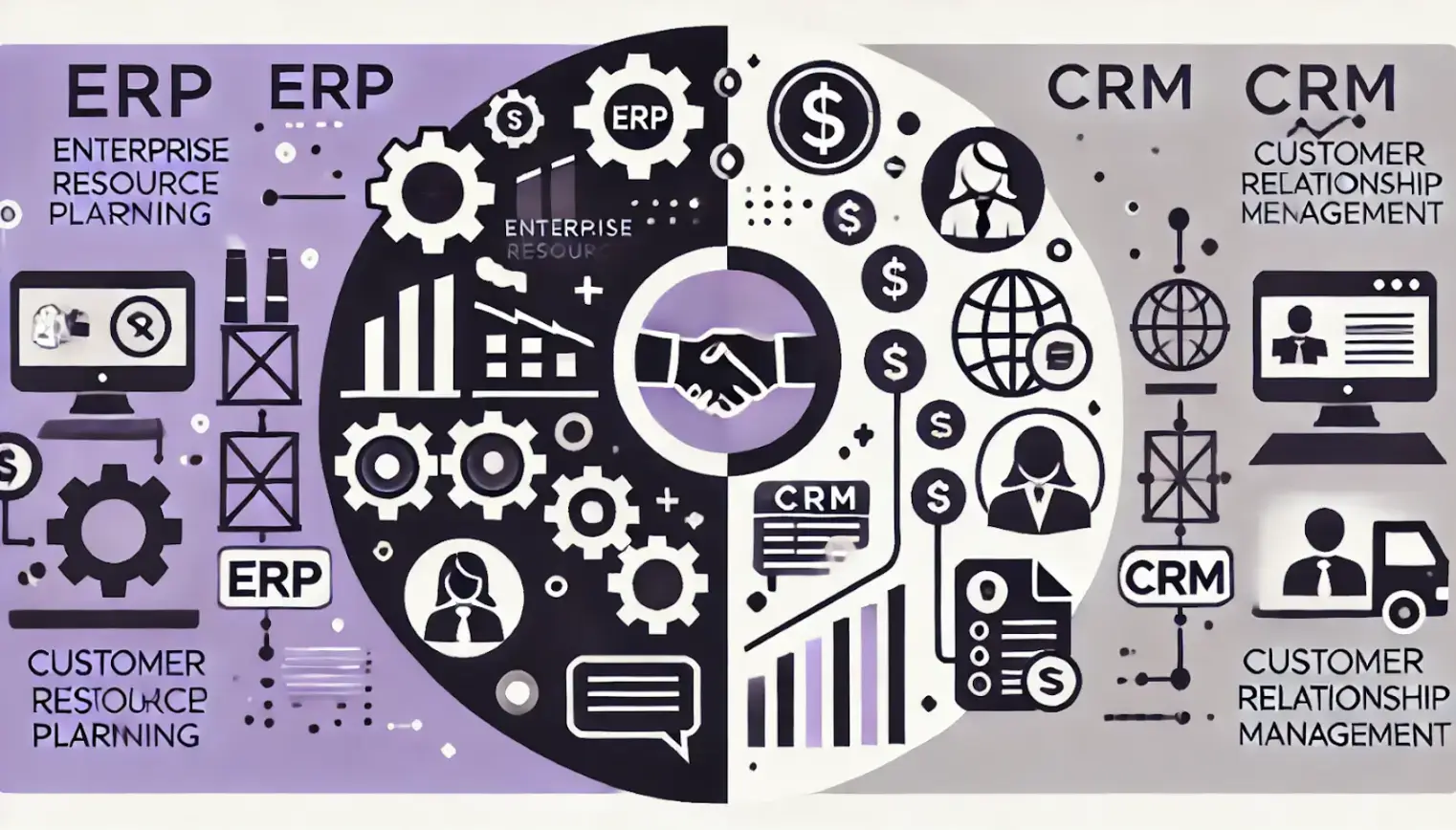
What is ERP?
Enterprise Resource Planning (ERP) is a type of software that organizations use to manage and integrate the essential parts of their workforce. This helps with the running of internal systems.
ERP software can assist across departments, whether it’s marketing, finance, or human resources. On a more granular level, it can help with tasks such as buying stock, managing sales, integrating planning, and so on - it does a lot!
ERP acts as a centralized system for many business processes, providing you with a varied, organized hub of information at your fingertips.
With this all in one place, it boosts efficiency and accuracy in your work, meaning you can make smarter business decisions, as you can more easily assess how everything is working.
It’s important to remember that ERP systems are often modular, meaning they have different components for you to utilize, depending on what you need for your business. As mentioned, ERP offers a range of features, so you can select the most fitting modules to improve your operations.
Some key features ERP boasts are as follows:
It’s not hard to get confused between CRM and ERP when CRM is often a feature in ERP technology. However, we’ll explore the differences further down in the article!
- Supply chain or inventory management
Allows businesses to stay on top of all stock in and out of the business, meaning you can use your resources more effectively. It also means mistakes are less likely to be made here, such as ordering surplus inventory.
- Human Resources (HR)
Helps with recruitment, payroll, training, employee benefits, and so on, all of which are essential for the running of a growing business.
- Data analysis and reporting
Being able to access data and reports relating to business operations means that you can make informed decisions and forecast how changes you make might impact your business, positively or negatively.
These are just a few examples. With a centralized database, automation, and real-time data at your fingertips, ERP allows extra efficiency and organization across the board. You can find further information on what ERP is and does using this handy guide.
What is CRM?
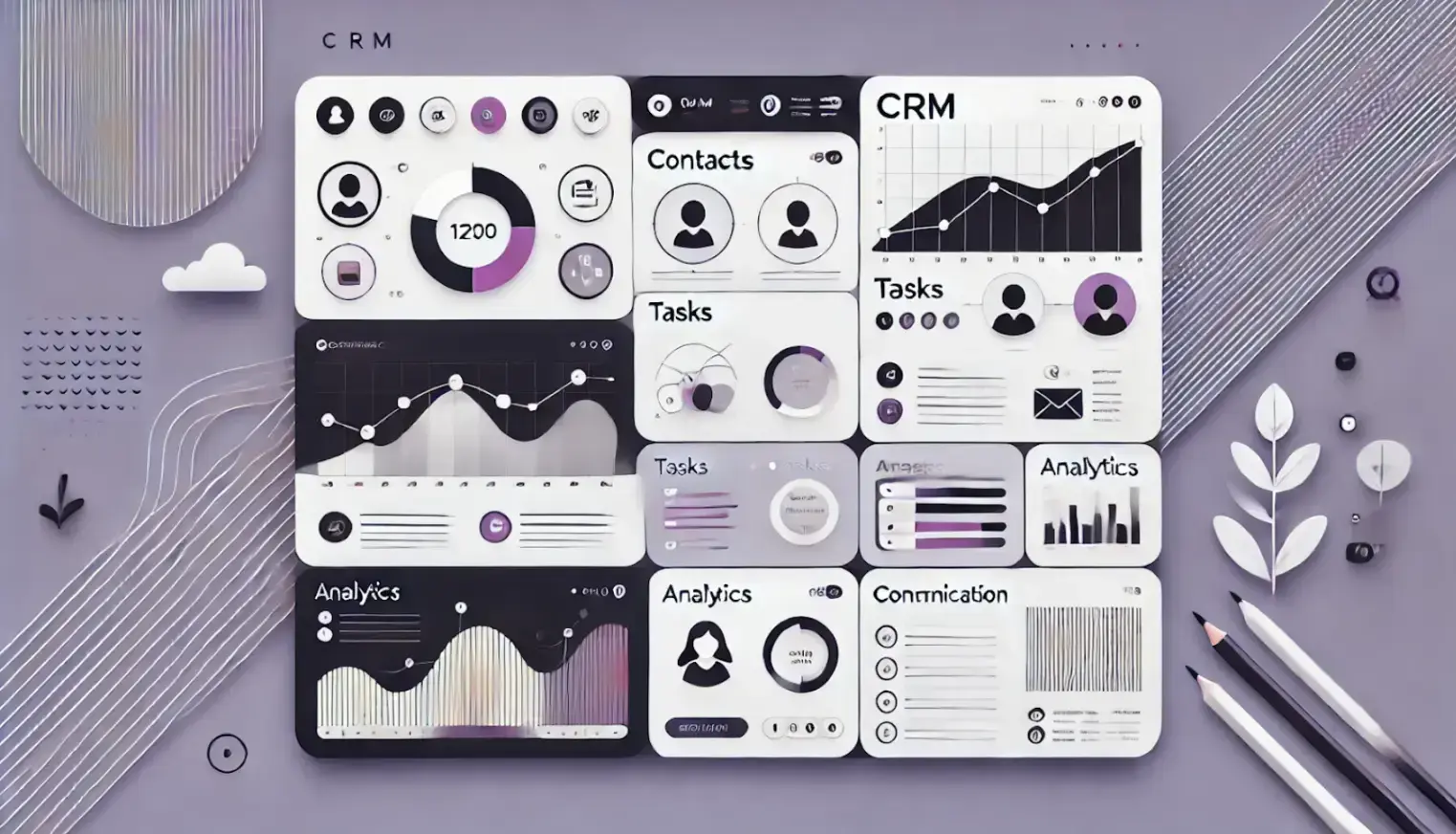
Now, onto Customer Relationship Management (CRM) software. This is specifically designed to manage a company’s interactions with current and potential customers.
CRM systems are all about providing the best possible customer service, which can, in turn, help with customer retention and referrals. By combining all of the customer information into one database, you can more easily understand each individual and their needs.
CRM systems have several notable features that make them important in managing customer interactions:
- Customer Communication
CRM systems allow you to store and manage all your information about your customers, such as their contact details, previous communications with you, purchase details, notes relating to them, and more.
- Boosting Sales
From lead generation to solidifying deals, a CRM platform can assist you through the sales funnel every step of the way, as it provides the means to notice and forecast sales opportunities.
- Marketing Automation
CRM systems often include marketing automation features that allow businesses to create and manage marketing campaigns, track campaign performance, and generate leads.
The Differences and Similarities of ERP and CRM
While there are plenty of similarities with each of these platforms, there are also distinct qualities that make them stand apart -
Differences:
- What is the purpose of each?
- ERP: Integrates various business processes and departments to help workflow, efficiency, and decision-making.
- CRM: More of a focus on improving customer service by storing client information and previous interactions with your business. It also presents opportunities to convert prospective customers.
- How much can you do with each system?
- ERP: Typically has a larger scope as it covers a wide range of business functions, including finance, HR, manufacturing, supply chain, and more.
- CRM: More of a targeted system, with a focus on gaining and retaining customers through sales, marketing, and providing a good service.
- Are there any other main differences?
While ERP products often feature CRM, this isn’t the case the other way around.
There are crossovers; however, CRM is more targeted at providing the best customer service, but it can also benefit marketing and sales. ERP is more all-encompassing, as it involves features that can benefit more of your business processes in one place. That being said, this does depend on the structure of your business.
On the other hand, what are some similarities between the two?
Similarities:
- Centralized Data: Both systems store information in one place to improve accessibility across your business.
- Automation: Both can automate various processes to save time and reduce errors.
- Reporting: Both offer useful reporting and analytics tools.
What Could Be More Suited to Your Business?
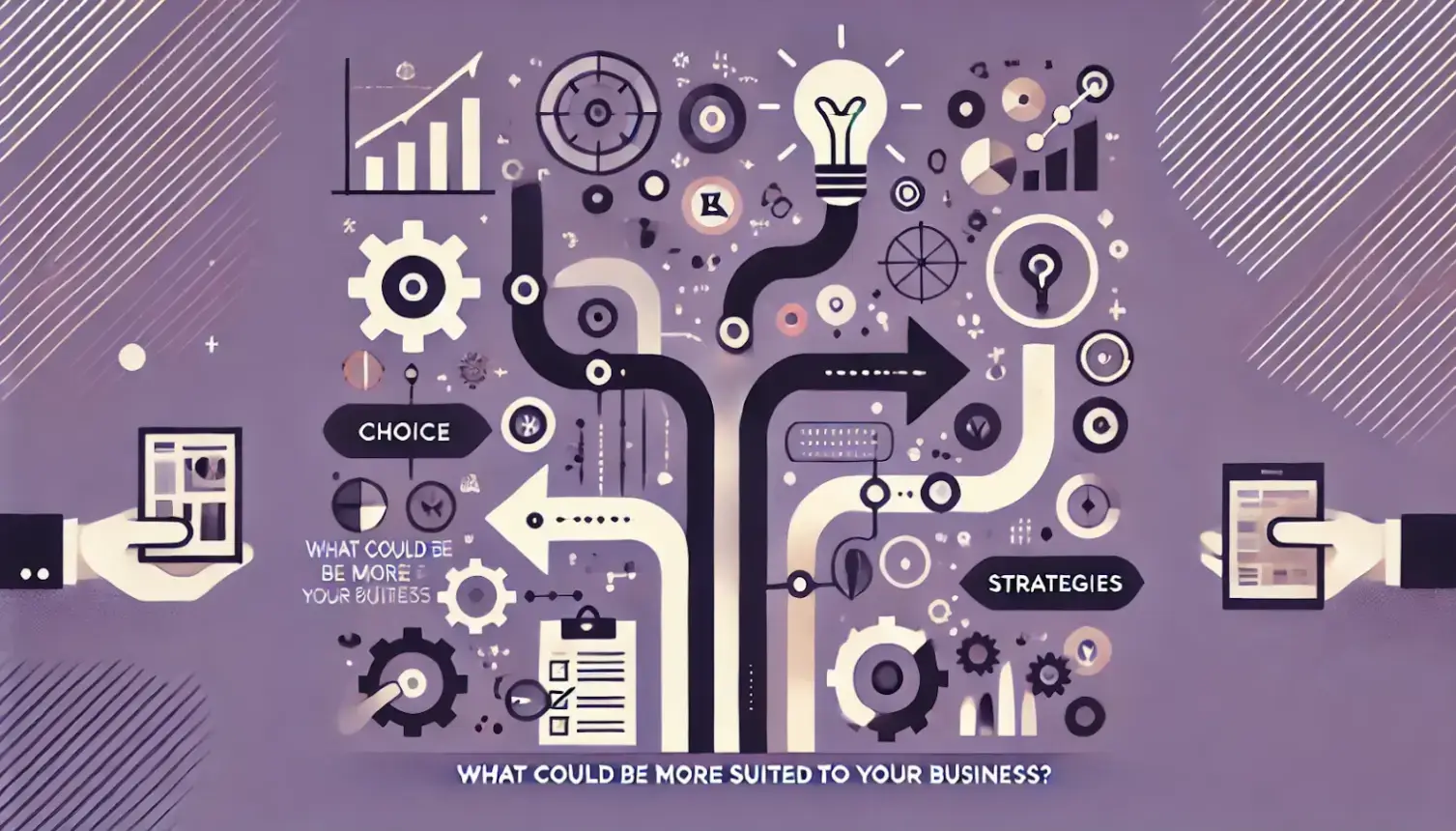
Whilst both systems have their advantages, it’s always a good idea to weigh up your options before making a choice…
- ERP: If you’re looking to improve the flow of information between multiple departments, ERP might be more suitable.
- CRM: If your main aim is improving the customer journey from start to finish, then CRM is probably your best bet.
- How about both?: If you like the sound of both, then trying each out can’t do any harm. A lot of businesses, especially larger ones, make the most of ERP and CRM software as they can complement each other. ERP helps handle internal processes, while CRM enhances customer-facing tasks.
Choosing The Right System for Your Business
When it comes to picking one for your business, you should take some time to think and research your options. Ask yourself the following:
- Which system aligns the most with my business goals, budget, and needs?
- Can the system and provider in question grow with my business?
- What has been recommended to me in the past?
- Has anybody on my team previously used CRM or ERP systems? If so, speak to them about their knowledge of the subject.
- What do my competitors use?
Considering all of these can help you to make the right decision. It’s always worth seeing if you can use demos, as this is something many software providers offer. Where possible, try before you buy.
This can mean you can see the benefits of each for yourself while finding out if you like the user experience of different systems.
You can also speak to consultants from different providers so that they can answer any of your questions and let you know if the products can be tailored to what you want.
Benefits of Using Strong Software Systems in Business
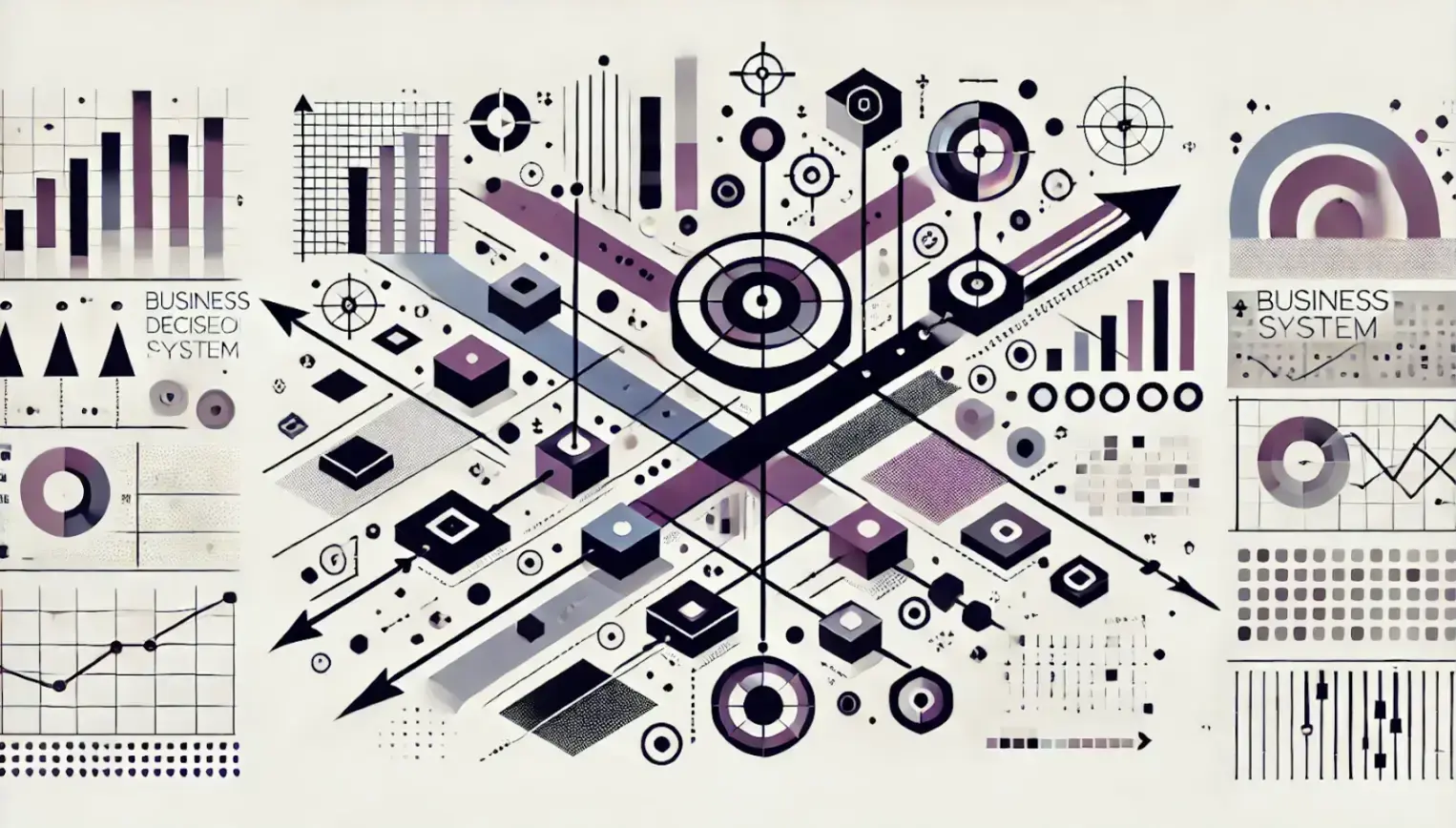
There’s a reason software is so popular in workplaces - it can make life a lot easier. So, why not take advantage of the following perks:
- Money Saving
Spending money on the right software can save you money. With automated processes helping to streamline internal tasks, production rates can increase.
The software can also reduce the number of costly human errors or bring your attention to certain mistakes through data insights and reports, for example.
Having the right software in place aids your teams' day-to-day tasks while allowing them to collaborate more easily.
- More Informed Going Forward
With CRM and ERP systems in place, you can get to know your customers better and streamline interdepartmental workings.
With the reports and insights you can gain from strong software systems, you can learn a lot about what works well for your business and what might have room for improvement.
This could ultimately help you to make better strategic decisions.
Final Thoughts
ERP and CRM systems overlap in a few ways but also have distinct differences. CRM primarily focuses on your customers, while ERP has a more varied scope.
They sometimes overlap because ERP systems can provide CRM options, but both systems can complement your business, depending on your goal.
Ultimately, each type of software can help your business automate tasks, improve customer relations, streamline marketing, and help organize internal processes.
ERP, in particular, can create more of a link between your internal departments by keeping a multitude of data and information in one place. CRM can do the same but with the sole focus on customer information and sales.
Choose between them by assessing your specific business needs, goals, and budget. We’d always recommend trying system demos out first or speaking to a software consultant.
What system do you think would work best for your business?
Author Bio
Aislinn Carter is a writer specializing in business and marketing strategy. She offers practical insights and strategies to help businesses navigate the complexities of modern marketing.

